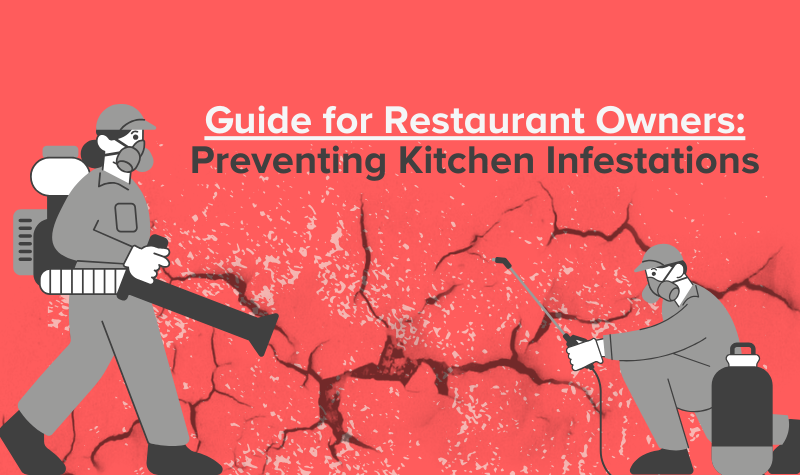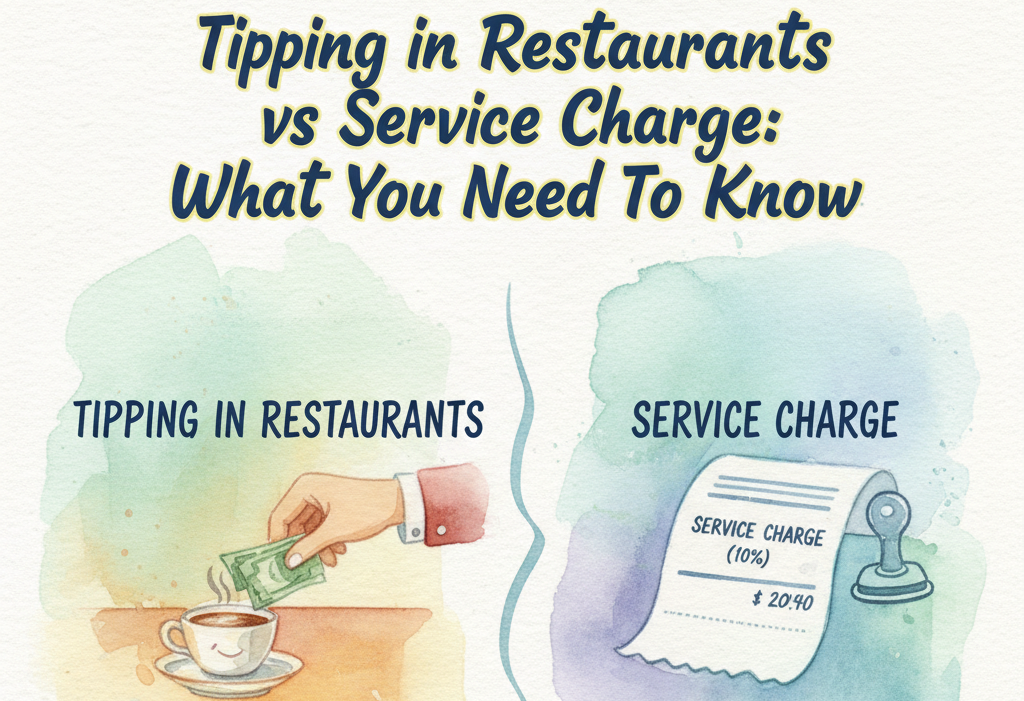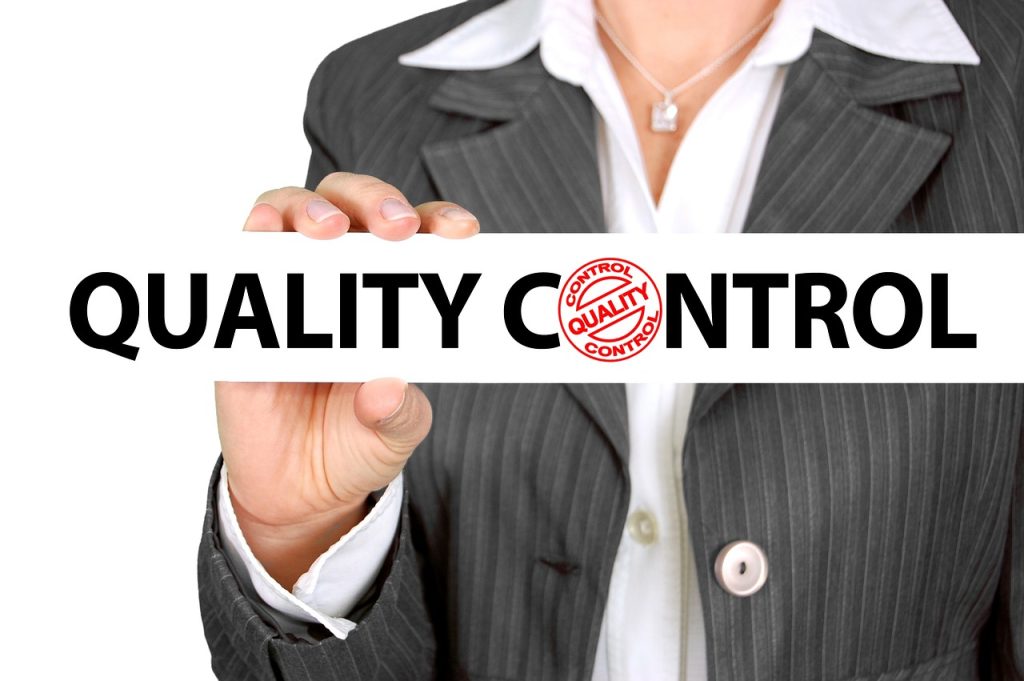As a restaurant owner, maintaining a clean and pest-free kitchen is essential for the success and reputation of your business. Infestations of pests such as rats, cockroaches, or flies not only pose health risks but also jeopardize your establishment’s credibility. However, with the right precautions, remedies, and professional guidance, you can effectively prevent infestations and ensure a safe environment for food preparation.
Understanding the Risks of Infestation:
Pests in the kitchen pose serious health risks and can negatively impact your restaurant’s image. Rats and mice leave behind droppings, urine, and hair, contaminating surfaces and food items. Cockroaches carry harmful bacteria like Salmonella and E. coli, while flies spread diseases by landing on food after feeding on decaying matter.
Benefits of Maintaining Hygiene:
Following strict hygiene practices not only prevents infestations but also brings numerous advantages. A clean kitchen ensures the quality and safety of your food, establishing trust with your customers. Additionally, it helps in compliance with health regulations, reducing the risk of penalties or closure due to health violations.
Precautionary Measures:
Thorough and Regular Cleaning: Establish a comprehensive cleaning schedule for your kitchen. Clean all surfaces, equipment, and storage areas daily using disinfectants to eliminate potential attractants for pests.
- Sealing Entry Points: Regularly inspect your kitchen for gaps or cracks that pests could use to enter. Seal these openings using caulk or mesh screens to prevent their access.
- Effective Waste Management: Properly dispose of garbage regularly. Keep trash cans tightly sealed and place them away from the kitchen to avoid attracting pests.
- Maintaining Outdoor Spaces: If your restaurant has outdoor areas or gardens, ensure they are well-maintained. Overgrown vegetation near the kitchen can become a breeding ground for pests.
- Routine Pest Inspections: Schedule regular pest control inspections by professionals. They can identify potential risks and provide effective treatments if necessary.
Medical Solutions: Professional Pest Control and Chemical Usage:
When facing a severe infestation, seeking professional pest control assistance is often the most efficient solution. Professionals use safe and approved methods to eliminate pests without endangering the health of your staff or customers.
In Malaysia/Indonesia, reputable pest control services can be found through local directories, online listings, or recommendations from other businesses. These professionals use a range of approved chemicals that are safe for food environments. The specific chemicals used vary based on the type of infestation and local regulations. They might include baits, sprays, or traps designed to target particular pests without harming humans or food.
Here are some helpline numbers in Malaysia/Indonesia for pest control services:
Malaysia: +60 3-8061 1875 (NPC Pest Control Services Malaysia)
Anticimex: https://www.anticimex.com.my/contact/
Govt. Facilities Rats/Rodents Control – Helpline – 9810257341
Indonesia: 0 800 1 333 777, or email to ihs-custcare-id@rentokil-initial.com
Professional Assistance and Chemical Usage:
When seeking professional help, ensure you engage certified pest control services. These experts use safe and regulated chemicals for pest eradication, prioritizing the safety of your staff and customers.
Chemicals used in pest control are typically regulated and administered by licensed professionals. These chemicals include but are not limited to insecticides, rodenticides, and pesticides. Always ensure that the chemicals used comply with safety standards and regulations set by local authorities.
Local Remedies for Infestation Deterrence:
In addition to professional help, there are local remedies that can deter pests:
- Peppermint Oil: Rodents dislike the smell of peppermint oil. Soak cotton balls in the oil and place them in areas where rodents frequent.
- Bay Leaves: Cockroaches are repelled by the smell of bay leaves. Placing these leaves in cabinets and corners can discourage their presence.
- Vinegar Solution: A solution of vinegar and water can be sprayed in areas where ants or flies gather. The strong smell helps in keeping them away.
- Baking Soda and Sugar: Mixing equal parts of baking soda and sugar can attract pests. However, the baking soda disrupts their digestive system, leading to their demise.
Resources for Assistance:
To further assist you in combating infestations and maintaining a clean kitchen, here are some useful resources:
- Government Health Departments: Contact your local health departments for guidelines and regulations related to pest control and kitchen hygiene. https://www.mpma.my/
- Online Guides and Forums: Numerous online platforms offer guidance and forums where restaurant owners share their experiences and effective solutions to combat infestations.
- Educational Workshops and Seminars: Attend workshops or seminars on pest control and kitchen hygiene organized by local authorities or industry experts.
Engaging Professional Help – The Process:
When contacting pest control services, expect the following process:
- Inspection: Professionals will conduct a thorough inspection of your premises to assess the extent of the infestation and identify entry points.
- Treatment Plan: Based on the inspection, they’ll propose a treatment plan tailored to your restaurant’s needs, explaining the methods and chemicals to be used.
- Implementation: Upon your approval, they’ll implement the treatment, ensuring minimal disruption to your operations while effectively addressing the infestation.
- Follow-Up: Post-treatment, they may schedule follow-up visits to ensure the infestation has been eradicated completely.
Useful Resources for Infestation Management:
Several resources can assist restaurant owners in managing infestations:
- Local Health Departments: They provide guidance on complying with health regulations and might offer resources for pest control.
- Industry Associations: Joining associations related to the restaurant industry often provides access to information and resources for pest management.
- Online Forums and Communities: Engage with other restaurant owners online to exchange tips and strategies for preventing infestations.
In conclusion, ensuring the cleanliness and safety of your restaurant’s kitchen is paramount for the success and reputation of your establishment. By implementing proper hygiene practices, seeking professional help when needed, employing local remedies, and utilizing available resources, you can prevent infestations and maintain a safe environment for food preparation.
Remember, the well-being of your customers and staff depends on your commitment to hygiene and proactive pest management.




